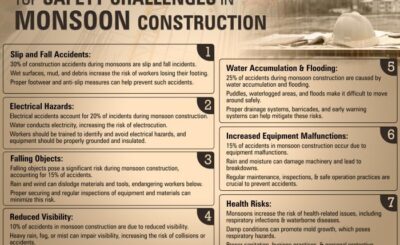You might wonder what difference your habits can make in your score. Do you think a runner would be able to run so many lapses so fast on day 1? This is impossible, right? Getting where he is, required him to consistently show up on the same ground every single day. To increase our brain’s competence over time, we must train our minds.
You do not have to see the whole staircase. Just need to take the first step. Similarly, to score well, all you need to do at first is practice good study habits. You will find one thing common in every successful student- their good habits. When a child is conscious of spending time, getting determined and working hard are just by-products. Good study habits improve your memory power and competence with time.
These are some of the habits that can be used to achieve success:
- Study as much as possible in one session
Avoid trying to cram everything in your head at once. In your effort to beat the competition, do not try to ingest all the lessons in your head in one session because you will not be able to retain anything. So, all your hard work will go in vain. Use a maths or physics doubts app if need be, depending on your subjects.
- Make a schedule
Always plan to allocate days and time to subjects as per priority and difficulty level. As a result, students who do not adhere to the timetable are less likely to score comparing those who do.
- Study at the same time
Studying at the same time trains our brain to get into that zone at a particular time in the day as our body has its own cycle and memory. Same tasks performed at the same time work better together. Study different subjects every day, but study at the exact same time every day. You can solve the CBSE math solution one day and then the physics solution another day.
- Set targets
You might complain about studying for hours and not being able to focus well. As long as you know where point B is when you are at A. It will be easier for you to study and comprehend if you know what topics you will be covering in a session.
- Avoid procrastination
In the long run, procrastination is a crucial source of failure. At the very least, sit at your desk during your study time. Leaving things until the next day only creates backlogs that are hard to clear.
- Take Notes
Write down the crucial points regularly. It is easier for you to run your eyes through them whenever necessary. You’ll also remember more information if you take notes. Use apps like a maths solving app or physics solving app to help you.
- Revise at the end:
Review your lessons at the end of the day or at least once on the weekends regularly. It will help them stay in your memory.
- Stay away from distractions
Using your phone while you’re studying will disrupt your flow and distract you, so use it before you sit down to study. Make sure you have everything you need to learn with you.
- Study in a group at least once a month
Quizzes, games, and game discussions with your friends and classmates broaden your perspectives, refresh your minds, and motivate you to keep trying harder.
If practised consistently, good study habits, a positive attitude, and focus can guarantee success.








